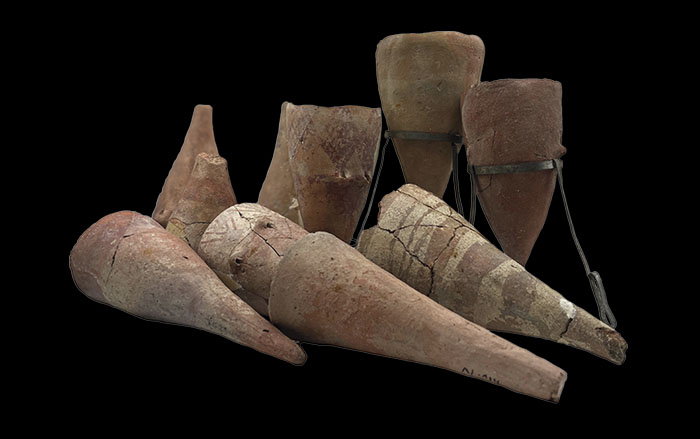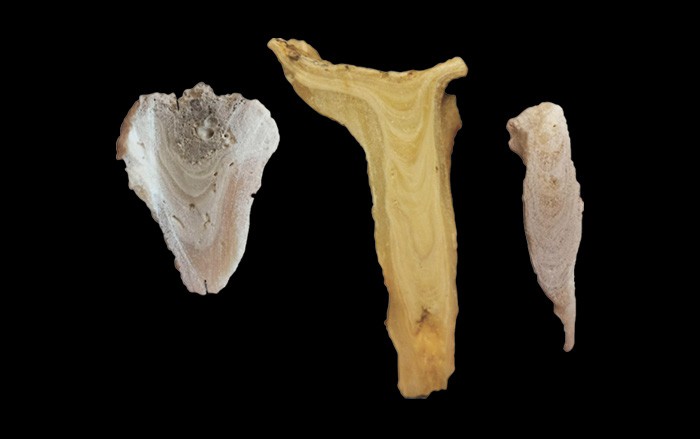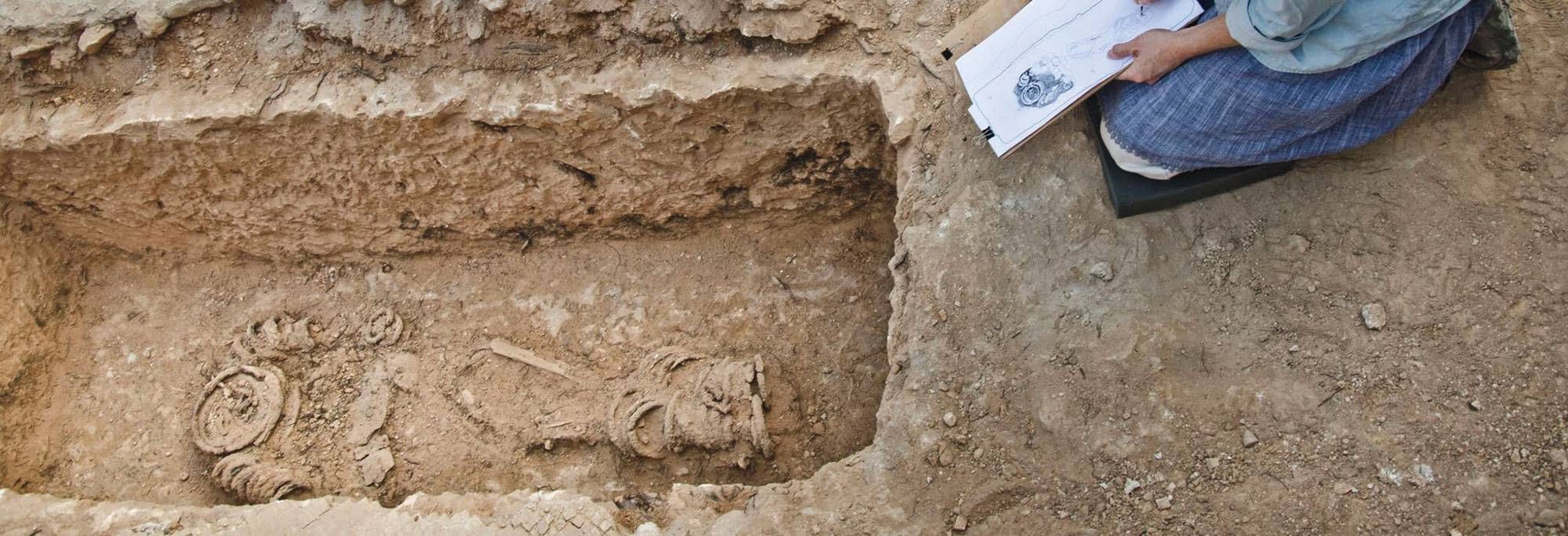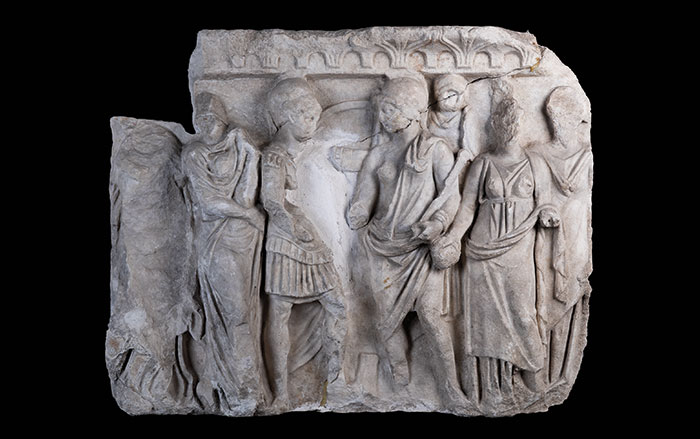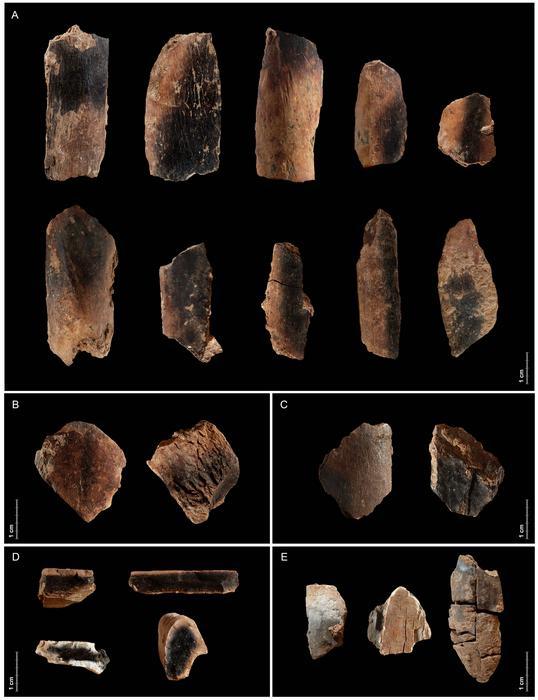
TEL AVIV, ISRAEL—For about 400,000 years, humans have consistently relied on fire for various purposes, especially for cooking, a process that helps kills off harmful bacteria and parasites in our food while also making it easier to digest. According to a statement released by Tel Aviv University (TAU), however, cooking was not the motivating factor for why early hominins learned to control fire. Instead, TAU archaeologists Miki Ben-Dor and Ran Barkai propose, its original purpose was to preserve meat in order to extend its shelf life and to ward off scavengers intent on stealing humans’ hard-won prey. The research examined the earliest evidence of fire that comes from nine sites—six in Africa, one in Spain, and two in Israel—that date to between 800,000 and 1.8 million years ago. All of these sites are littered with the skeletal remains of large animals that were hunted, including elephants, hippopotamuses, and rhinoceroses. Yet none of the bones shows any signs of having been roasted. The researchers suggest that fire was used at these sites instead to smoke and preserve the large quantities of meat that were much too valuable to go to waste by spoiling. The roaring fires also would have helped keep predators at bay. “We propose a new understanding of the factors that motivated early humans to begin using fire: the need to safeguard large hunted animals from other predators, and to preserve the vast quantity of meat over time,” Barkai said. “It is likely that once fire was produced for these purposes, it was also occasionally used for cooking.” Read the original scholarly article about this research in Frontiers in Nutrition. For more on hominins' control of fire, go to "We Didn't Start the Fire... Homo erectus Did."



